I have element-level comments in my code & I need to say when was the last time I modified a piece of code. Since it might be difficult to do this automatically when I save the document in question, I was looking for some semi-automatic solution where I press a shortcut & poof the date/time appears at my cursor.
E.g.
/**
* modified by @author Chantz last on <ENTER CURRENT DATE TIME HERE>
*/
public class EclipsePrintDateTimePlease {
...
UPDATE Eclipse versions I use are Helios & Galileo (I have different workstations).

